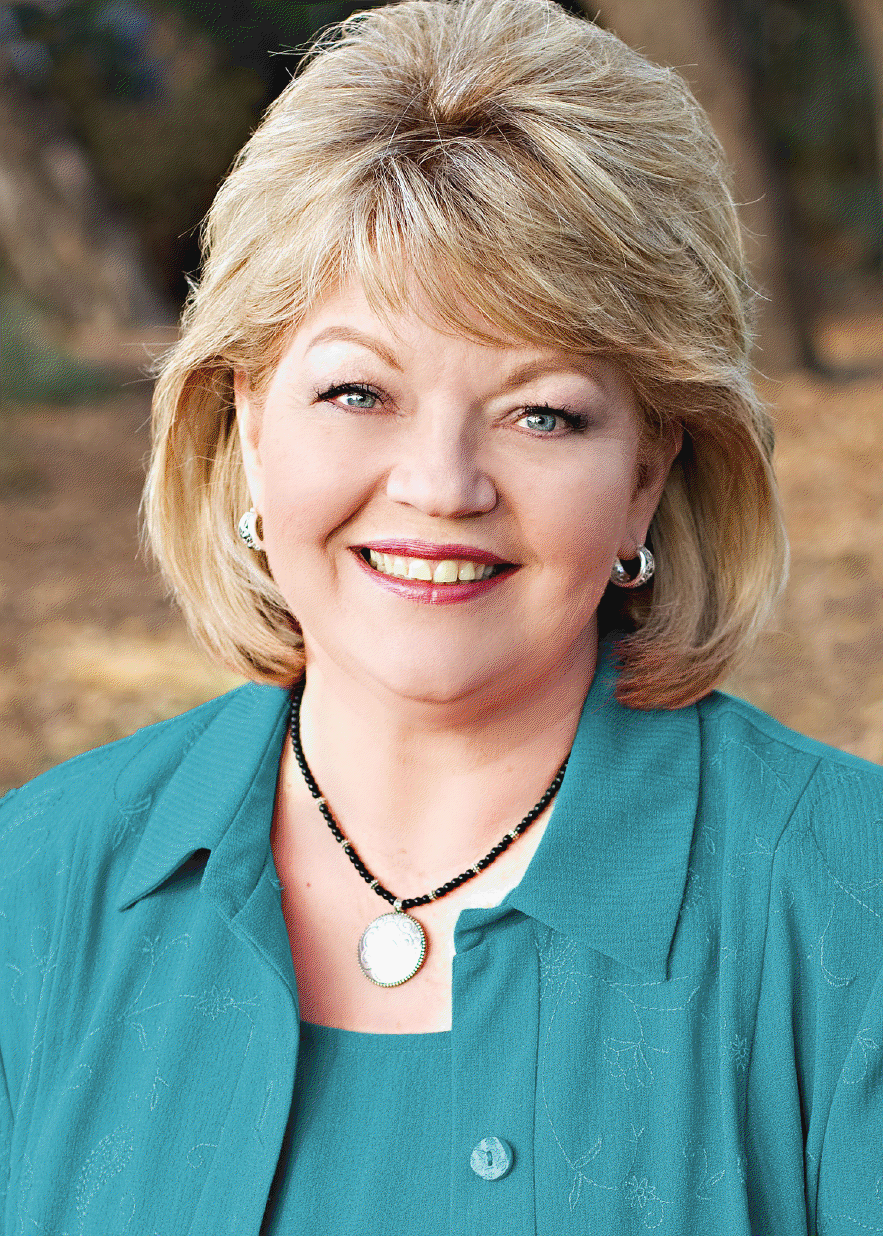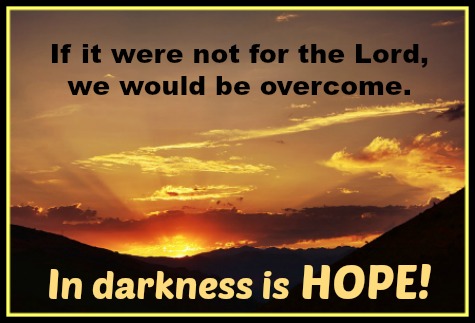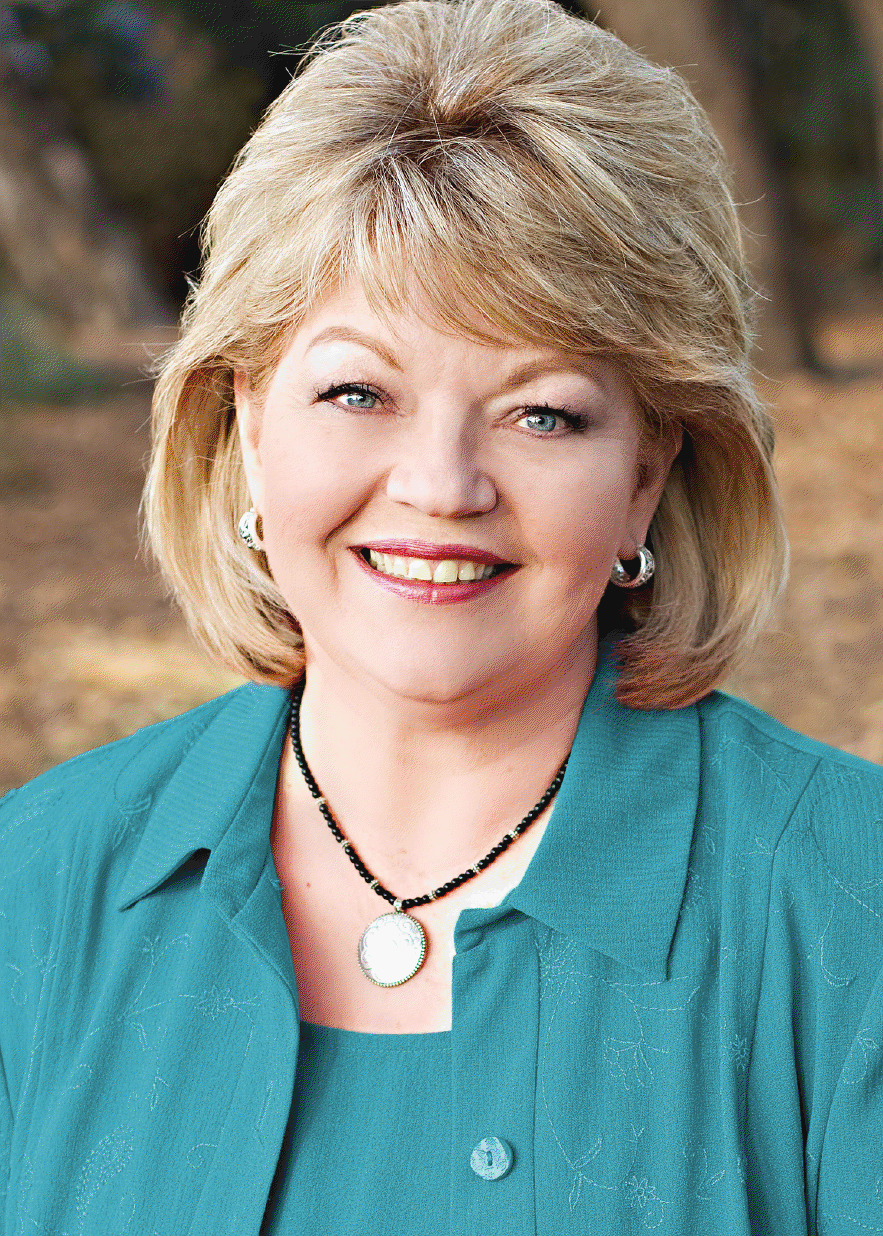When I first saw some statements by mega-author Pam Farrel about something called a  "3:20 life," I invited her to share the concept with us. In this Spiritual Life UPGRADE, she suggests a simple habit that can change our entire perspective.
"3:20 life," I invited her to share the concept with us. In this Spiritual Life UPGRADE, she suggests a simple habit that can change our entire perspective.
"What do you think might happen," Pam asks, "if you put feet to your faith and acted on the belief that God really cares about your hopes and dreams?"
Several years ago, I (Dawn) remember gazing at a wall in the Farrels' home that was covered with framed book covers of all the books they've written. I thought at that time they were already putting feet to their faith. But as Pam explains, God often stirs us up afresh, because He has new growth and new adventures in mind!
Pam continues . . .
How would you live if you really trusted in the power of the God you read about in the Bible—but for YOUR life, on behalf of YOUR future?
It was an ordinary day, but the extraordinary God challenged me in an unexpected way.
As I remember it, the Facebook post was simply a friend sharing that she was on her way to pick up her kids at school, and it was 3:20 and she was praying the verse her pastor had challenged their church to pray—Ephesians 3:20.
Now to Him who is able to [carry out His purpose and] do superabundantly more than all that we dare ask or think [infinitely beyond our greatest prayers, hopes, or dreams], according to His power that is at work within us." (Amplified version)
That day, it was as if God pushed me off a high cliff and I dove into the deep waters of His Majesty with a rush of excitement.
- Lord, what if I made the commitment to pray Ephesians 3:20 every day at 3:20?
- And what if I put my whole weight into my commitment, and prayed believing for many of the hopes, dreams, prayers and secret longings of my heart that only You and I talk about?
- What if I set my alarm on my phone and pray at 3:20—not matter where I am or who I am with?
- What if I really took you up on your offer to do exceedingly abundantly beyond all I can ask or think?
- How would my life change?
That was almost four years ago. At the time, Bill and I were in what felt like a deep, dark, endless, hopeless pit that was an excruciatingly difficult mix of an overwhelmingly heavy workload of responsibilities: ministry, traveling, writing and speaking accompanied with weekly commuting to care for ailing, aging parents which created a burden financially, emotionally, spiritually, and relationally.
I woke up daily dreading getting out of bed for fear of even more bad news.
But this Ephesians 3:20 day, God was inviting me to become a more believing, praying adventurer with Him.
Too often we Christians allow the Word of God to become a nice book with a pretty leather cover that we might open for emotional comfort, or even for intellectual study. But rarely do we hunger for the Word to spur us forward in a “cattle-prod, get-out-of-our-comfort-zone, jump-from-the-plane-with-only-the-ripcord-of-the-character-of-God-to-save-us” kind of abandon.
Seldom do we plunge head-first with only the bungee cord of the Word to rebound us to the safe center of God’s will.
It is an infrequent thrill to take the action steps of radical obedience when the full weight of your hopes, dreams and wild and wonderful imaginings will ONLY succeed if God shows up.
Powerfully. Supernaturally. Mightily!
So, what has changed in me and my life since I took God up on His offer to do “exceedingly, abundantly” more than this visionary, positive optimist can ask, think or dream?
First some things changed IN me.
1. Change in ALIGNMENT
Before you write this off as some “name it and claim it” prayerful magic pixie dust, dig a little deeper with me.
The verse begins, “Now to Him who is able to do.” It is clear that I am NOT able—the power rests completely in GOD.One word that really wows my soul is the word “able” (dunamenō), because it is akin to the word we often use—DYNAMITE!
The power God will apply to your life and mine is EXPLOSIVE.
And it is CREATIVE.
God does the “do-ing”. The same Creator who designed and spoke the world and humankind into existence is the God who creates, manufactures, makes and produces His will in our lives. This spiritual “TNT” is why Jesus can say things that make most of us very uncomfortable—but in a good way—like, Truly I tell you, if you have faith as small as a mustard seed, you can say to this mountain, 'Move from here to there,' and it will move. Nothing will be impossible for you" (Matthew 17:20).
God wants to move our mountains. However, to see this kind of dynamite, earth-shaking power, it means me (and you) moving to see God clearer.
- It is adjusting my sails to catch God’s wind.
- It is aligning my heartbeat to match God’s.
- It is putting on God’s spectacles to see my life from His heavenly perspective.
- It is making the commitment to keep the defroster on and let the wipers of the Word keep the rain, fog, snow, and sleet off the faith windshield of my life so I have God’s vision for the path and plan ahead.
Praying Ephesians 3:20 keeps my heart in tune to God’s heart.
2. Change in APPRECIATION
This Creator God then out does Himself when He promises to do “far more abundantly beyond all we ask or think.”
Get this: When God is trying to impress something on a soul, He repeats himself. That is what He does here—three times.
(1) “Far more abundantly” means superabundantly, immeasurably more.
(2) “Beyond” is hyper, or to go above and beyond, or over the top for the benefit and betterment of another.
(3) “All” means “each and every part, the totality, the whole.” Yep, God goes all the way, gives the whole enchilada, carries the plan to the finish line, ushers us into the end zone, over the goal line and into the winner’s circle. God doesn’t pull up short on His plans for us.
Now we may not fully comprehend His timing or His methods but we can rest assured in His ability to bring victory in His way, using His methods, in His time.
His plans will be better, greater, and more wonderful than anything I can ask or request. His ways will be so much more than I can think, consider, ponder, perceive, or dream up! (And if you ask my husband, I can dream up A LOT!)
God is just infinitively, wiser, smarter, and grander! While I can create hopes and dreams, God can turn hopes and dreams that line up to His best for us a REALITY!
Praying Ephesian 3:20 keeps me living in humble awe of the God who elevates and lifts us to His best for our lives. “Humble yourselves, therefore, under the mighty hand of God so that at the proper time he may exalt you” (1 Peter 5:6).
3. Change in ACCESSIBILITY
This creative power to make hopes, dreams and awesome imaginings come into being is done “according to His power that is at work within us."
This dunamis power is the miraculous, marvelous, might of God that works within us. If we peek forward, we see that God’s ability and strength is given for our good (v 20) and for HIS glory (v 21). “To him be glory in the church and in Christ Jesus throughout all generations, forever and ever. Amen.”
This dunamis term for the power of God is repeated 120 times in the New Testament. God weaves Himself and His power into our lives is through the indwelling Holy Spirit.
Acts 1:8 explains, “But you shall receive power when the Holy Spirit comes upon you…” While I have always sought to walk moment by moment in step with God’s Spirit, praying Ephesians 3:20 has kept me ultra-sensitive to the tiniest whisper, course correction or prompting to pursue an opportunity.
If we picture this God-powered plan in human terms, God builds our elite race car (us and His plan for us); He is the rocket fuel propelling us forward; and we are in the driver’s seat with the Spirit of God inside steering and guiding us in the most exciting race set out before us (Hebrews 12:1).
Our biggest (and sometimes the hardest) job is to yield enthusiastically to God’s leadership in our heart and life.
Praying Ephesians 3:20 allows God to live His best life:
- FOR us
- THROUGH us
- to BLESS us
- and BUILD us,
- and to bless others through us.
- and build His eternal kingdom using us!
So, this is what God changed IN me.
What did God change FOR me in the process?
- God gave us the courage to sell our home. (It took about 18 very long months to prepare and find God’s buyer—a church planter and his family!)
- God challenged us to be compassionate enough to move nearer Bill’s parents (one frail of body, the other frail of mind), and be bold enough to sell and give away 90% of our belongings to move on to a live aboard boat!
The 3:20 life was very rigorous in getting us to this space where we are moored in a lovely marina, but God and His dynamite power was WITH us each step along the way!
We watched miracle after miracle unfold as God knocked down obstacle after obstacle.
We LOVE our simple beachfront 3:20 Life—teaching #biblefromtheboat, living a healthier pace while embracing a more physical active life where we kayak to get our mail and enjoy breath-taking sunsets of over the Pacific Ocean.
My husband, Bill, and I are writing a soon to be released workbook: Your 3:20 Life: Breakthrough to God’s Blessings to help build a life to look forward to living.
Are you ready for God’s 3:20 life for you?
Pull out your phone, set the alarm to ring at 3:20 each day; and if you are like me, you will wake up each day looking forward to the “exceedingly abundantly” moments God has in store for you!
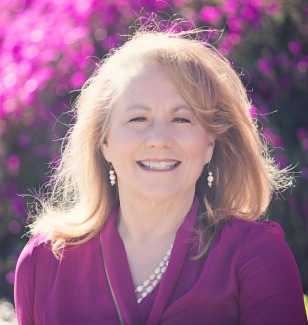 Pam Farrel is an international speaker, author of over 45 books including
Pam Farrel is an international speaker, author of over 45 books including 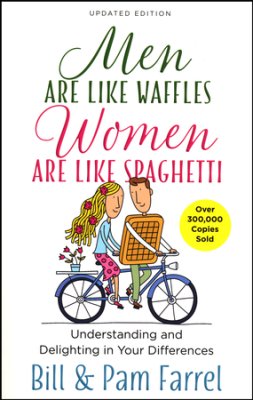 bestselling Men Are Like Waffles, Women Are Like Spaghetti and her newest Your 3:20 Life (both co-authored with her husband, Bill) To learn more about Pam and Bill Farrels ministry and how they can help you live Your 3:20 Life, go to www.Love-Wise.com.
bestselling Men Are Like Waffles, Women Are Like Spaghetti and her newest Your 3:20 Life (both co-authored with her husband, Bill) To learn more about Pam and Bill Farrels ministry and how they can help you live Your 3:20 Life, go to www.Love-Wise.com.
Graphic adapted, courtesy of Pixabay.
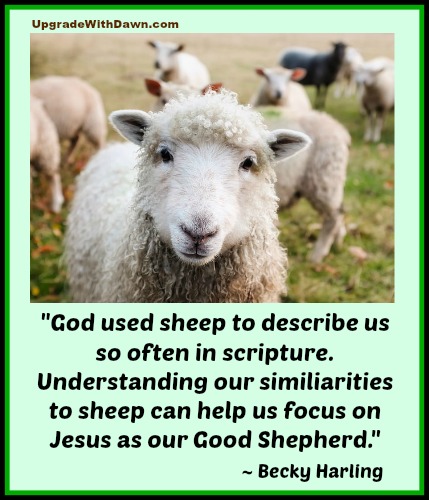 this Spiritual Life UPGRADE, she writes about sheep and their shepherd. But don't miss this fresh take on a common Christian theme.
this Spiritual Life UPGRADE, she writes about sheep and their shepherd. But don't miss this fresh take on a common Christian theme.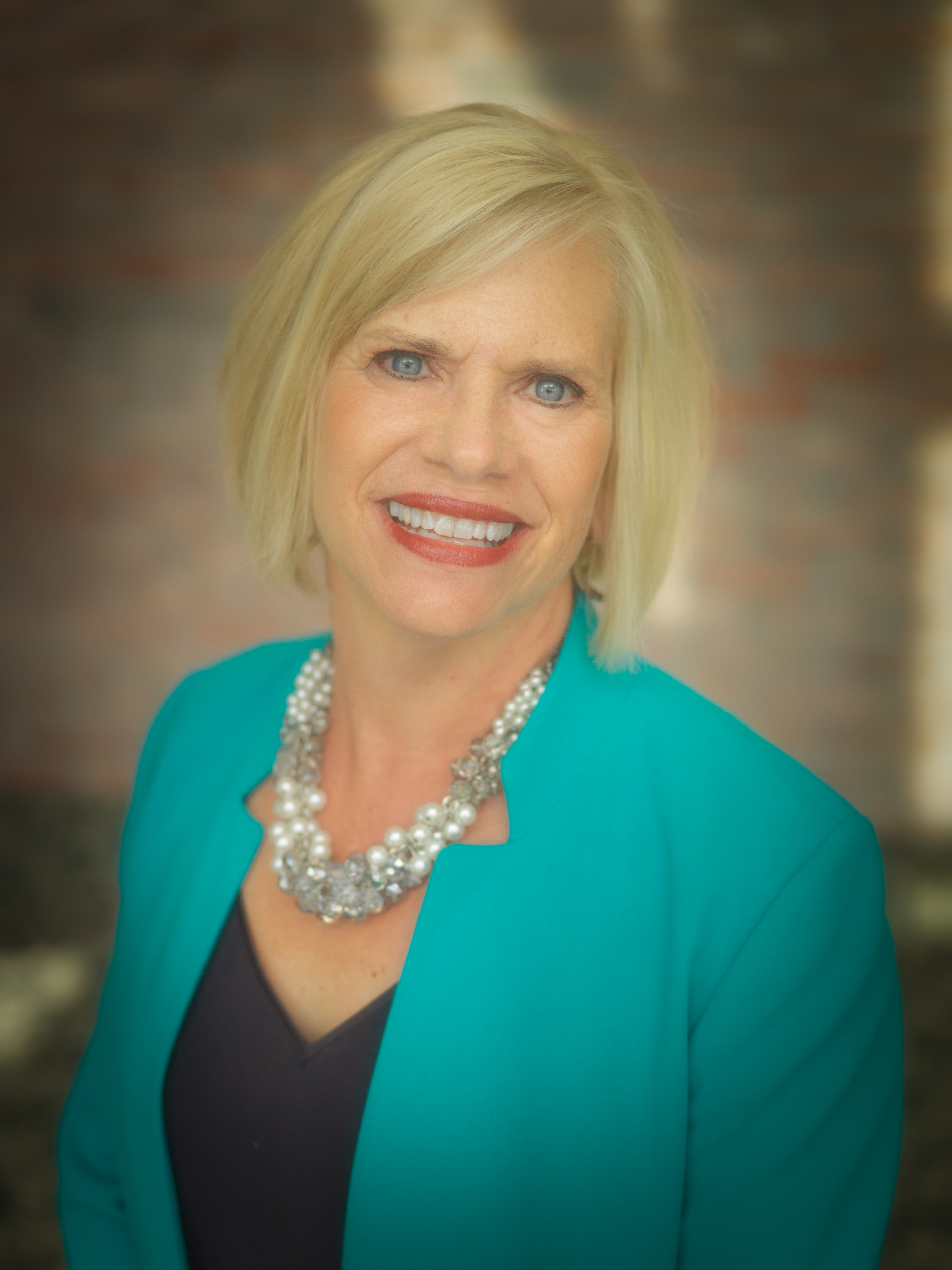
 author of Who Do You Say That I Am?, Rewriting Your Emotional Script, Freedom from Performing, The 30 Day Praise Challenge and The 30 Day Praise Challenge for Parents. Becky is married to Steve Harling and has four adult kids and five grandkids. Visit her website and blog!
author of Who Do You Say That I Am?, Rewriting Your Emotional Script, Freedom from Performing, The 30 Day Praise Challenge and The 30 Day Praise Challenge for Parents. Becky is married to Steve Harling and has four adult kids and five grandkids. Visit her website and blog! Post a Comment → Posted on
Post a Comment → Posted on  Thursday, April 19, 2018 at 8:16AM
Thursday, April 19, 2018 at 8:16AM  Becky Harling,
Becky Harling,  Change,
Change,  Comparison,
Comparison,  Fear,
Fear,  Good Shepherd,
Good Shepherd,  Habits,
Habits,  Jealousy,
Jealousy,  Not Fair,
Not Fair,  Sheep,
Sheep,  Shepherd,
Shepherd,  Shepherd's voice,
Shepherd's voice,  Transformation Upgrade Your Life
Transformation Upgrade Your Life  Relationship with God,
Relationship with God,  Spiritual Life
Spiritual Life 










